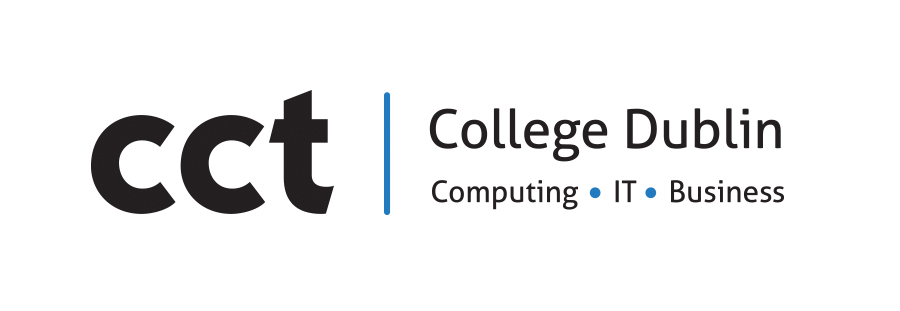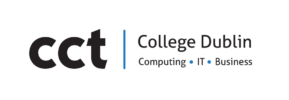30th Jul 2018
James H. Morris, former dean of Carnegie Mellon University’s School of Computer Science had a nice piece in Information Week 13 years ago now, that is as true as if ever was.
In it he argues strongly that CS is more than programming, and that students need a strong sense of empiricism.
The ability to discern a real phenomenon and distinguish it from myth is vital. Our students learn to measure the performance of people using technology.
I couldn’t agree more. As the former head of the IT department at CCT I oversaw a degree program that was particularly strong on networking – in fact our degree was known for this and popular as a result. We have had graduates go on to work for Oracle, IBM, and other companies based on their networking experience. I believe it still is the only CS/IT undergrad I know of that has a course on networking in each of all eight semesters. The program is also notable for third year group projects and fourth year individual projects. The fourth year project was equivalent to half of the final year workload! At the time this program had a conservative rank of 17/225 in compliance with the ACM 2008 IT curriculua. This ranking was done using the work of [1] as a guide. The biggest reason for this ranking was having this much project work – the ACM assigns 0.5 points per semester for a capstone experience (out of a possible 4). The inclusion of the fourth year module Principles in Professional Practice and Strategic Business IT also increased the mark relative to many of the other programs.
Morris goes on to state that good CS programs include the liberal arts, mathematics and experimental science. I particularly agree with the first since I enjoyed a liberal arts CS undergrad degree myself. Being at a liberal arts college really allowed me to flex my skills in a diverse environment. As a dual-major (CS and physics) I completed my final year physics project on variable stars, a project that was done almost entirely through a computer – I rarely held my eye to a telescope eyepiece. In fact the stars I was studying normally only became visible on the screen of a computer, too dim to see with the human eye, even through a powerful telescope. But it was the support and interest of my project in the community, many of whom were not in a science program, that made my experience so enjoyable.
I agree with the second point, particularly as I did a MSc in Computational Science where my mathematics skills were really put to the test. I also really put my mathematics skills to use in completing my PhD, which was largely done with a pencil and paper, drawing little squares over and over. My entire thesis including code would at the time fit on a floppy disk (not that I ever tried).
James’s final quote was:
As programmed digital devices continue to shrink in size and cost, many of us predict that the computer per se will disappear just as the electric motor disappeared into hundreds of niches in our homes and automobiles. Then we will have a science named after an artifact no one sees. But the essence of the science will still be there, and those who study it will be rewarded not just with riches but with understanding.
This brings me back to astronomy – studying many things we will never see. And of course that brings me to the famous ‘computers and telescopes’ quote (mis?) attributed to Edsger W. Dijkstra:
Computer Science is no more about computers than astronomy is about telescopes.
Dijkstra did say something similar for sure though (EWD 1305):
I don’t need to waste my time with a computer just because I am a computer scientist. [after all, doctors don’t infect themselves with the diseases the study]


